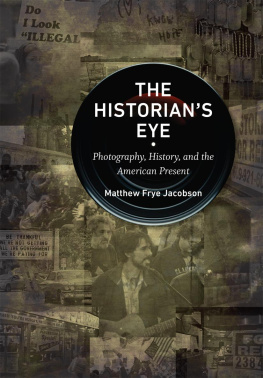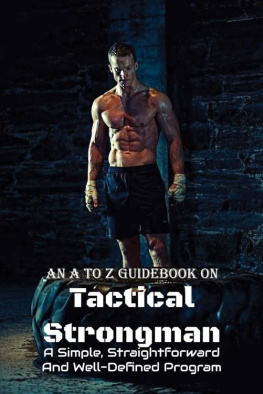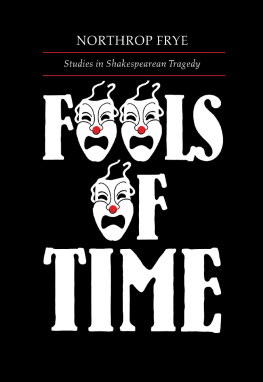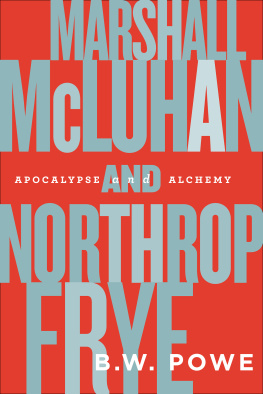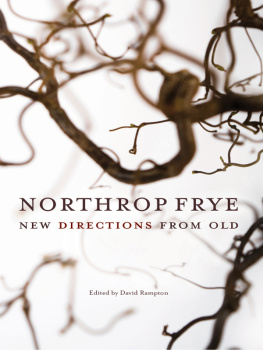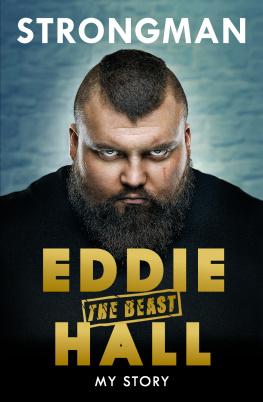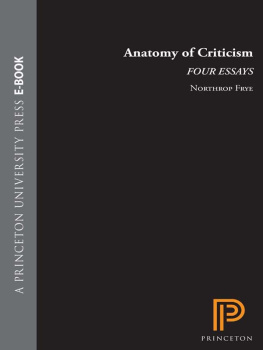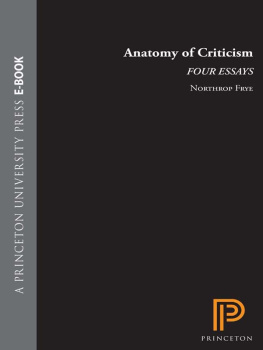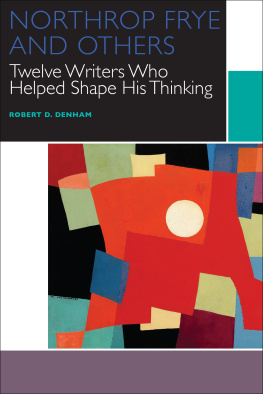Timothy Frye - Weak Strongman
Here you can read online Timothy Frye - Weak Strongman full text of the book (entire story) in english for free. Download pdf and epub, get meaning, cover and reviews about this ebook. year: 2021, publisher: Princeton University Press, genre: Politics. Description of the work, (preface) as well as reviews are available. Best literature library LitArk.com created for fans of good reading and offers a wide selection of genres:
Romance novel
Science fiction
Adventure
Detective
Science
History
Home and family
Prose
Art
Politics
Computer
Non-fiction
Religion
Business
Children
Humor
Choose a favorite category and find really read worthwhile books. Enjoy immersion in the world of imagination, feel the emotions of the characters or learn something new for yourself, make an fascinating discovery.

- Book:Weak Strongman
- Author:
- Publisher:Princeton University Press
- Genre:
- Year:2021
- Rating:5 / 5
- Favourites:Add to favourites
- Your mark:
- 100
- 1
- 2
- 3
- 4
- 5
Weak Strongman: summary, description and annotation
We offer to read an annotation, description, summary or preface (depends on what the author of the book "Weak Strongman" wrote himself). If you haven't found the necessary information about the book — write in the comments, we will try to find it.
Weak Strongman — read online for free the complete book (whole text) full work
Below is the text of the book, divided by pages. System saving the place of the last page read, allows you to conveniently read the book "Weak Strongman" online for free, without having to search again every time where you left off. Put a bookmark, and you can go to the page where you finished reading at any time.
Font size:
Interval:
Bookmark:
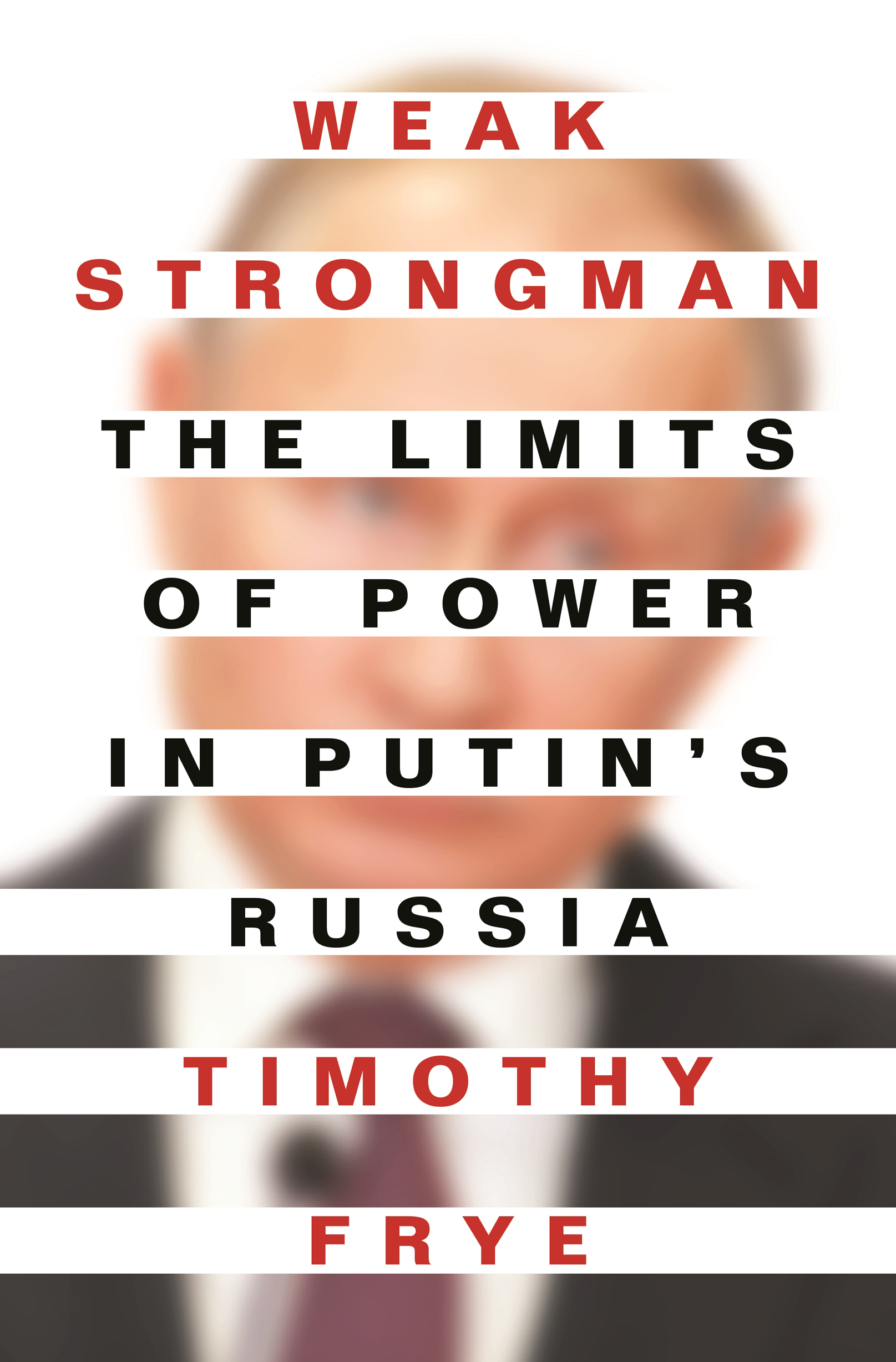
WEAK STRONGMAN
Weak Strongman
THE LIMITS OF POWER IN PUTINS RUSSIA
TIMOTHY FRYE
PRINCETON UNIVERSITY PRESS
PRINCETON & OXFORD
Copyright 2021 by Princeton University Press
Princeton University Press is committed to the protection of copyright and the intellectual property our authors entrust to us. Copyright promotes the progress and integrity of knowledge. Thank you for supporting free speech and the global exchange of ideas by purchasing an authorized edition of this book. If you wish to reproduce or distribute any part of it in any form, please obtain permission.
Requests for permission to reproduce material from this work should be sent to
Published by Princeton University Press
41 William Street, Princeton, New Jersey 08540
6 Oxford Street, Woodstock, Oxfordshire OX20 1TR
press.princeton.edu
All Rights Reserved
Library of Congress Control Number: 2021930222
ISBN 9780691212463
ISBN (e-book) 9780691216980
Version 1.0
British Library Cataloging-in-Publication Data is available
Editorial: Bridget Flannery-McCoy and Alena Chekanov
Production Editorial: Nathan Carr
Jacket/Cover Design: Karl Spurzem
Production: Erin Suydam
Publicity: Kate Hensley and Kathryn Stevens
Copyeditor: Cindy Milstein
Jacket image: Shutterstock
- vii
ON THE NIGHT of February 21, 2014, Ukrainian president Viktor Yanukovych fled to Russia. His flight followed months of protest against his government for backing out of an agreement with the European Unionprotests Yanukovych had tried to repress with ever-greater force. Fearing a loss of influence and the rise of a less friendly government in Ukraine, the Kremlin ordered Russian troops to seize the Ukrainian peninsula of Crimea and moved swiftly to annex the territory. Moscow then sent troops and matriel to local militia groups in eastern Ukraine hostile to the Kyiv government, fueling a six-year war that continues today.
As the fighting began, three scholars asked more than two thousand Americans to locate Ukraine on a map. Just one in six were able to do so. This might just be an example of Americans comically weak grasp of geography were it not for the second part of the study, which asked respondents whether Russia posed a threat to the United States, and whether the United States should intervene militarily in the conflict between Russia and Ukraine. The scholars found that the less people knew about Ukraines location, the more they believed that Russia posed a threat to US interests and the more they favored military intervention. Whatever the pros or cons of US military involvement, these figures are disturbing. In democracies, we expect an informed public to guide policy makers and hold them accountable. This is not possible if the public holds opinions untethered from reality.
This book aims to improve our public conversation by drawing on a host of new research to reassess common narratives about Russian politics. Most observers view contemporary Russian politics as a reflection either of Vladimir Putins worldview or Russias unique history and culture. Yet these two narratives overlook a crucial body of scholarly research that understands Russia not as sui generis but instead as part of a group of modern nondemocracies. Tapping into this work allows a far richerand more accurateunderstanding of Russian politics today.
Recognizing Putin as an autocrat, and Russia as an autocracy like many others, may seem obviousand yet doing so brings into sharp focus the inherent limits on his power that are common to autocratic rule, but are often overlooked in discussions about Russia. Throughout the chapters that follow, I look at three major types of constraints: the bluntness of Putins tools for managing the country, difficult policy trade-offs that confront the Kremlin at home and abroad, and vast uncertainty generated by weak state institutions. For the last twenty years, Putin has been unrivaled at home, but achieving this primacy has come at the costs of a distorted economy, dysfunctional bureaucracy, and unsound policiesthree keys to building state power. Rather than the omnipotent ruler depicted in popular narratives, Putin is like many autocrats. He is a strongman, but a weak one.
To make the case for this view of Russian politics, I draw on thirty years of scholarship and experience as a Russia watcher, including stints working as an information warrior for the US government in the Soviet Union, consulting for the Russian Securities and Exchange Commission in the 1990s, and coheading a research institute at the Higher School of Economics (HSE) in Moscow since 2011. These experiencesfrom being an accidental target of a honey trap by the KGB in the Soviet era to witnessing the fall of the Twin Towers from Moscow in 2001helped me understand how Russia does and does not work.
More important, I rely on research by a new generation of scholars that is frequently at odds with conventional wisdom and has received little attention outside academia. In the coming pages, you will learn how my colleagues and I conduct surveys that detect whether Russians are lying about Putins popularity; scrape the internet to find political and economic ties among Russian elites; identify bots on Twitter to track propaganda campaigns; use Russian electoral data to reveal fraud; follow the Kremlins efforts to manipulate public opinion and interfere in foreign elections; gather archival data to trace how Stalin-era purges shape voting in contemporary Russia; track political graffiti in Moscow to study protest; and interview top Russian elites to explore how decisions are made in the Kremlin. This research, much of it unknown even to diligent readers, offers some of the best evidence we have of how Russia works. The goal is not just to deepen our understanding of Russian politics but also to add scholarly voices to our national debate on the topic.
If you want to understand Russia better (and who doesnt), the chapters that follow are a good place to start.
WEAK STRONGMAN
I WAS AN INFORMATION WARRIOR before it was cool. Every few years from 1959 until 1992, the United States and Soviet Union each swapped twenty-four guides to host standing exhibits about life in their respective countries.
I was one such guide. From November 1987 to January 1989, I worked on the Information USA exhibit that displayed fax machines, home computers, CD players, and other information technologies used in daily life in the United States. Each day more than eight thousand Soviet citizens came to the exhibit; we were the first Americans most of them had ever met. A woman in Magnitogorsk, a steel-making town closed to almost all Westerners for the past forty years, exclaimed as she approached my stand, An American. A real live American. I never thought I would see a real live American.
I was there at a good time. Relations between Moscow and Washington had chilled in the decades after Nikita Khrushchevs fall from power, as had the reception of our predecessors on previous exhibits. But by the time I joined, Soviet leader Mikhail Gorbachevs policy of glasnost, or openness, was in full swing. Intrepid Russian journalists were reassessing many painful moments in Soviet history that had long been off-limits for discussion, from the Great Terror of the 1930s to the corruption of the Brezhnev-era in the 1960s and 1970s. For the first time in its history, the Communist Party allowed and encouraged public meetings to debate reforms to the Soviet system, and our exhibit halls often became sites of pitched political discussions among our Russian guests.
Font size:
Interval:
Bookmark:
Similar books «Weak Strongman»
Look at similar books to Weak Strongman. We have selected literature similar in name and meaning in the hope of providing readers with more options to find new, interesting, not yet read works.
Discussion, reviews of the book Weak Strongman and just readers' own opinions. Leave your comments, write what you think about the work, its meaning or the main characters. Specify what exactly you liked and what you didn't like, and why you think so.

